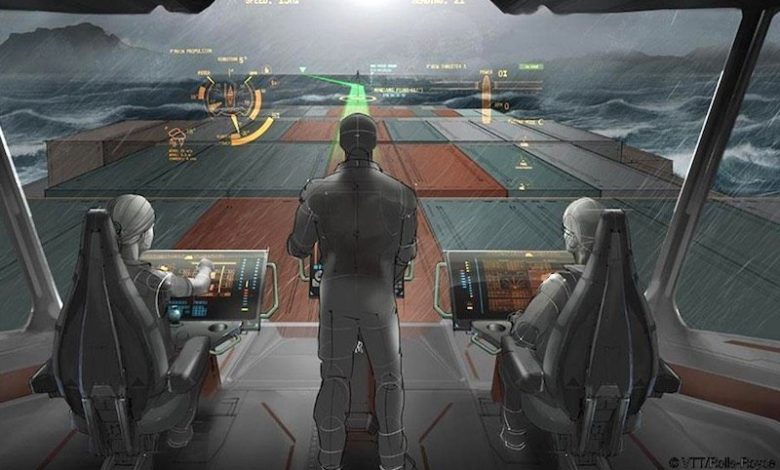Regulators need mindset change to cope with pace of technological change

Maritime regulators need to change their mindsets from one of risk avoidance to focus more on risk management amid the rapid technological evolution seen in the shipping sector, a new report from three UK institutions urges. However, whether the current regulatory regime can change with the times remains a moot point.
Written and researched by Lloyd’s Register, QinetiQ and the University of Southampton, the report, published yesterday, is a follow-up to Global Marine Technology Trends 2030, looking at how technology trends will impact upon the regulatory and social aspects of maritime operations.
The authors of this update have admitted their surprise with the pace of technological change within the industry over the past couple of years.
The mindset change detailed in the 27-page document will be needed to identify and mitigate risks alongside the technology development.
“This may require the sector to develop innovative approaches to safety management and regulation, enabling business to thrive whilst understanding the levels of risk they are taking,” the authors of the new report wrote. Other sectors, such as automotive, are already making progress in these areas, they noted.
Whether the powers that govern shipping can make this leap is open to debate. A poll carried on this site, which closes this week, has found that three quarters of respondents believe shipping’s global regulatory regime is under threat from lack of consensus on major issues, and a similar proportion assert that a cost/benefit analysis be undertaken before any new IMO regulation is enacted.
How the IMO regulates the new technology sweeping through shipping proved a contentious thread of debate at the Maritime CEO Forum held in Singapore earlier this year, with Frank Coles, boss of tech firm Transas, warning: “The way technology is changing now it will be impossible for IMO to catch up and then they are dead and buried.”
Tim Kent, technical director, marine and offshore at class society Lloyd’s Register, commented yesterday on his co-authored report: “Networks of autonomous surface and underwater vessels are set to radically change the nature of maritime operations. Developments widely reported in the media, such as those in autonomous shipping, are happening with greater pace than expected as little as two years ago. These developments enabled by technology provide new opportunities and potential for disruptive business models. However, the principal challenges will be the integration of these autonomous systems into current maritime operations, legal and regulatory requirements, and not least the impact upon seafarers.”
